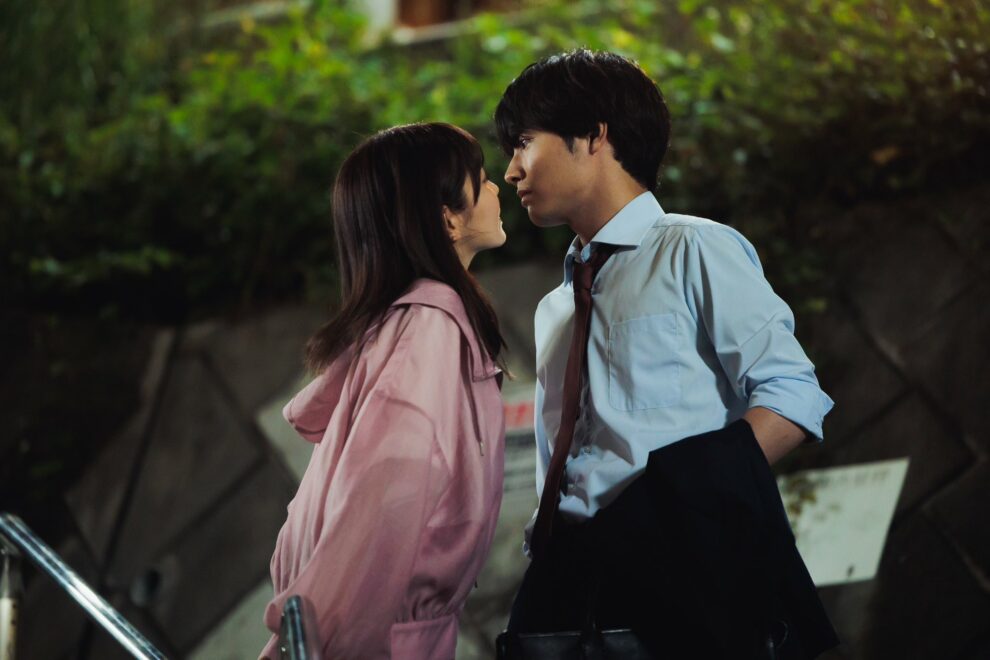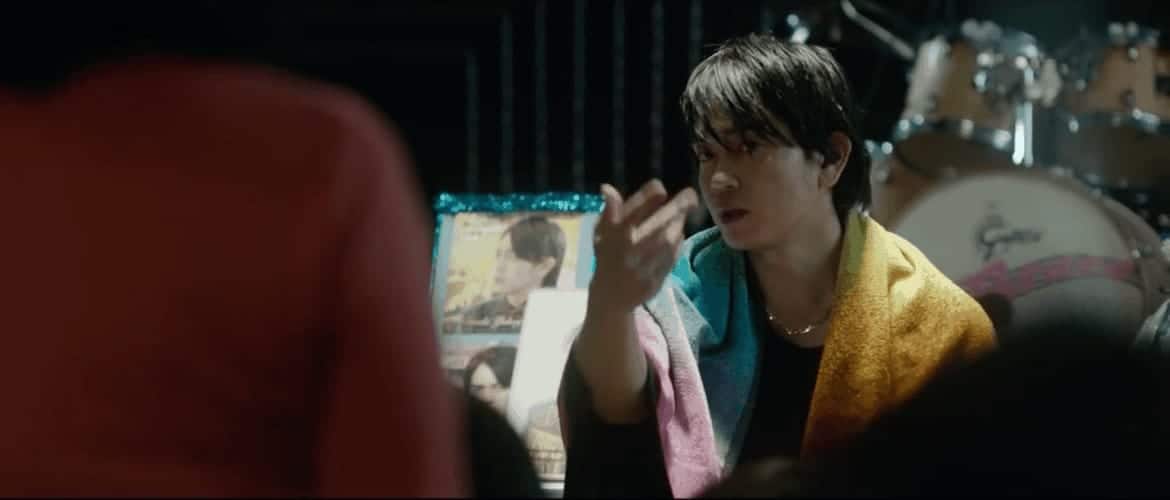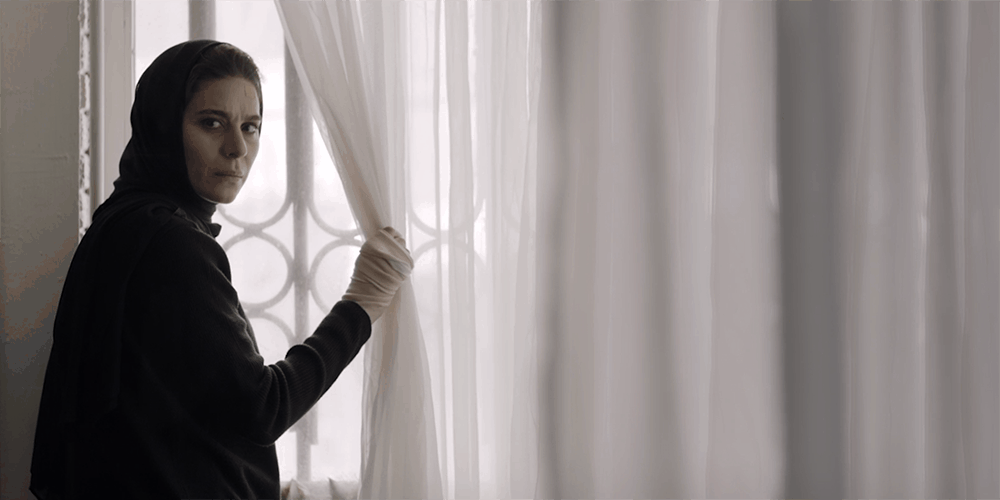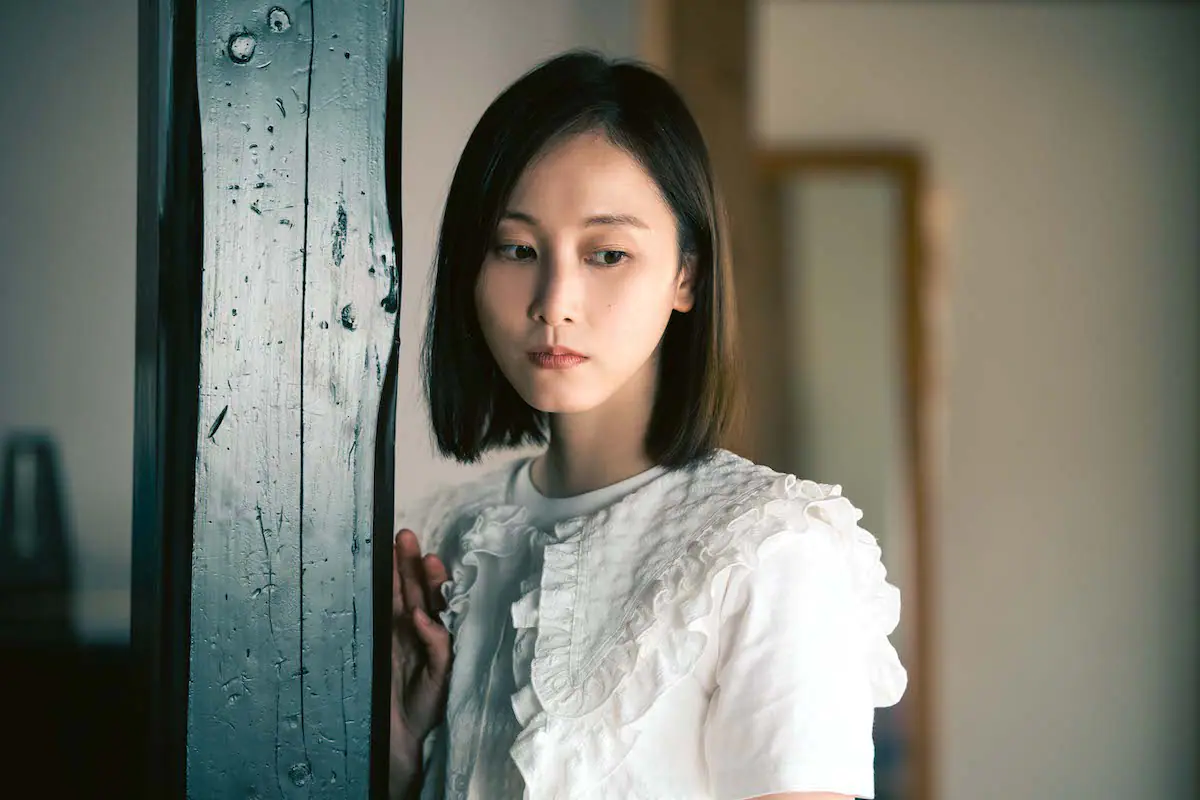by Sophia Ng
“Though handsome and successful, Satoru Mukai suddenly realises he's been single for ten whole years and has no idea how to initiate a new relationship,” reads the series synopsis on Netflix. While the premise doesn't sound particularly compelling, Eiji Akaso as the leading man is reason enough to give it a chance. Coming fresh off recent shows like TBS's “Pending Train”, and “Ishiko and Haneo: You're Suing Me?”, Akaso brings his signature boyish good looks and endearing awkward tics to the character of Satoru Mukai, an office worker whose impending 33rd birthday forces him to face the harsh reality that his decade-long hiatus from the dating scene has cost him the happy married life and adorable children the rest of his peers all seem to have.
Click the image below to follow our Tribute to Netflix

This slice of life series isn't particularly dramatic or unique in its premise, its one compelling selling point being that Akaso is the lead. But this show about one man's foray back into the dating scene is so much more than a recount of his romantic exploits. Introducing the myriad of forms relationships can take in contemporary society, the show brilliantly employs “the mistake of generalisation” as its underlying driving force, following a host of characters in their 30s alongside Mukai as they navigate their complex “adult romances”. The first episode sets the tone with a scene that sees Mukai lamenting the current state of his life while he quite literally traverses the typical life trajectory of a 30-something working adult down a street, walking through the milestones of graduation, a proposal, and a wedding—a sequence most characters in this series veer from.
When Mukai makes it his mission to get a girlfriend, he zeroes in on a new colleague as a potential romantic partner. But an embarrassing incident with said new hire leads him to seek company at his brother-in-law, Genki's bar, where he forms a tentative friendship with the stylish and perceptive Kouki Sakaido (played by the lovely Haru), a restaurant regular who expertly dissects the string of misunderstandings leading up to Mukai's embarrassment. “Did you really want to date her? Did you like her? Or did you go for it because you thought you could?,” Sakaido bluntly calls out Mukai for not sincerely considering the other party he engages with. In his desperate race to find a girlfriend and get back on track to the idealised life trajectory (as society dictates), Mukai ends up viewing the women around him as potential solutions to his painfully evident lack of a partner, a way for him to be loved and by extension, attain the happy married life most of his peers are already living.
Sakaido later calls Mukai on his tendency to over-generalize females as entities that all behave and think the same way, and gently reminds him to “think about each individual”, something he learns over the course of his string of questionable romantic encounters. In the same way Mukai's long held beliefs about relationships are challenged with each interaction, the audiences' preconceived notions about heterosexual relationships and the roles of men and women in relationships are revealed through the way we expect certain scenarios to play out. Kusano's series presents the ideas that women aren't always the ones looking for commitment in a relationship, that commitment and happiness take on very different forms for each individual, and that there is no one absolute perfect life path to follow.
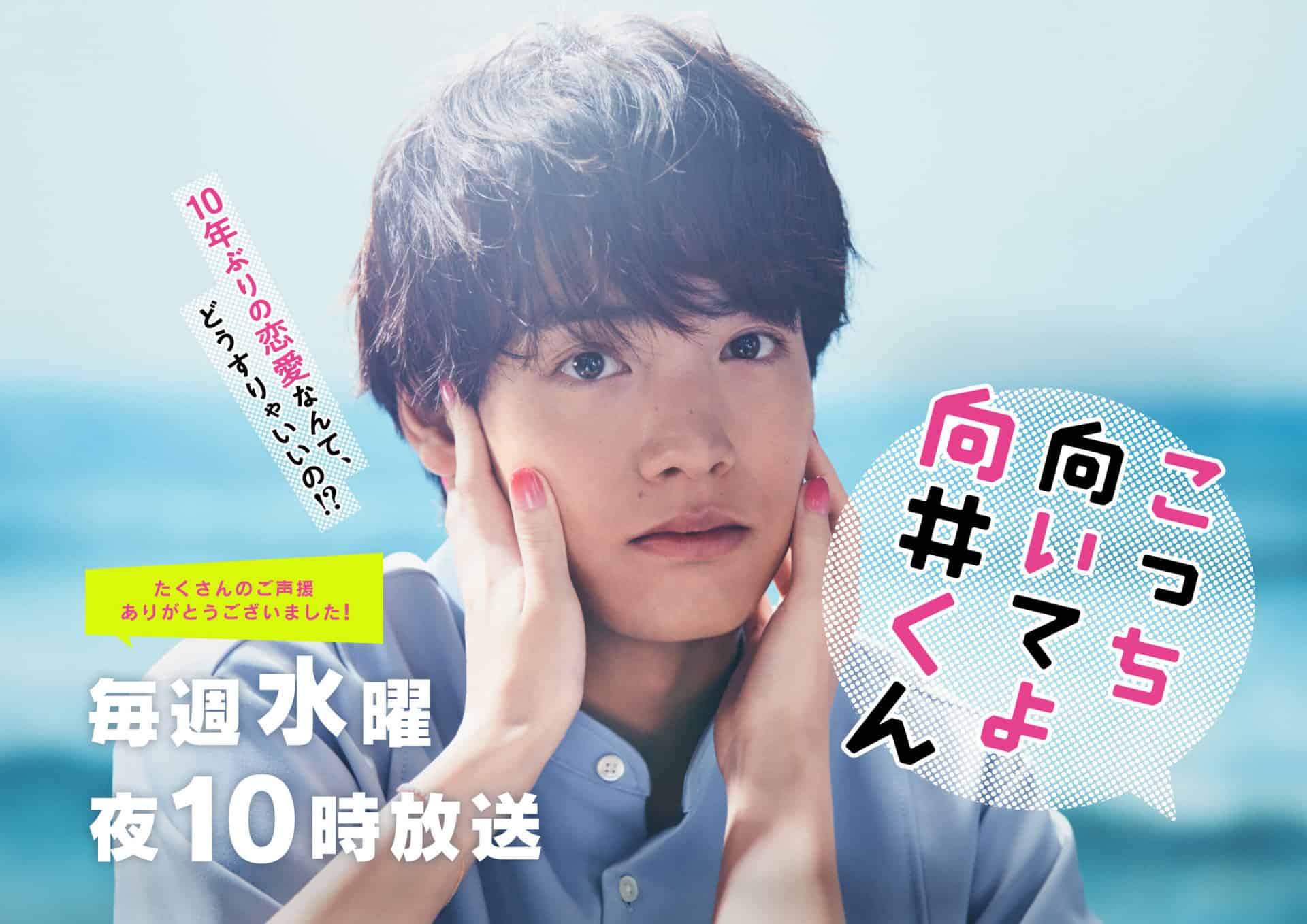
Alongside Akaso as Mukai is a strong cast of colourful supporting characters including singers Erika Ikuta and Sakura Fujiwara as Miwako and Mami (Mukai's sister) respectively, and Amane Okayama as Genki. It's hard not to adore the supporting cast, they're well fleshed out and equipped with their own eccentricities, their individual distinctiveness being the main driving force for a slice of life show such as this that doesn't rely on dramatic plotlines but the relationships between characters. Sakaido and Mami are especially entertaining to watch—Sakaido armed with her bold outfits, and her blunt and cutting remarks, and Mami with her headstrong and self-assured personality.
Besides playing relationship counsellor to Mukai, Sakaido also has to figure out her own increasingly sticky situation, with Mukai eventually returning the favour and becoming her confidante. Mami and Genki, who have already found love in each other, are also shown to be facing their own unique set of dilemmas that come with married life. Despite all being close in age, the characters are portrayed as being in different stages of life struggling with the same thing—what love and relationships look like for them, and what kind of futures they are chasing. Seeing these characters in their early 30s, no matter how successful they are, still trying to navigate the line between the life they want and the life they think they should want, and sometimes still not finding an answer is oddly comforting and reassuring. Even as adults, nobody really knows what they are doing. Everyone is simply getting by in their own ways, and that's okay.
Besides using warm and bright colour grading to reflect the quirky and (mostly) upbeat tone of the series, “Look at Me Mukai-kun” also employs unusual cinematography right off the bat in the first episode, placing background characters in the different stages of life Mukai describes in his internal monologue as he quite literally goes through them. In another instance where Sakaido breaks down Mukai's potential slew of misinterpretations, Nakatani, the subject of the pair's conversation, is shown in her bedroom in a flashback of sorts. As the conversation progresses, Nakatani walks from her bedroom to take a seat by Mukai at the bar counter in Genki's restaurant in the present time, the past blending seamlessly into the present. She continues her conversation on the phone by Mukai's side, almost functioning as an active participant in the group's speculations, as she recounts the events that unfolded from her point of view. This sequence alone really helped to set it apart from other slice of life series out there in its unique execution.
Paileo, Genki's bar is probably the most visually appealing location in the series. Characterised by the eclectic knick-knacks, vibrant decor, and warm lighting, Paileo has a cosy and inviting atmosphere which is fitting given that the bar quickly becomes a sort of oasis for the characters and Mukai in particular, to hang out with others and confide in them, finding some comfort in company. Unfortunately, any dreams to visit Paileo will be dashed since it isn't a real place, and though the exterior was shot using a real location, the interior was a set.
As a main character, Mukai makes for an interesting one in that he wasn't really given any strong peculiarities or visually striking characteristics to set him apart as the lead, in many ways he is just an ordinary guy, yet he remains a compelling character. His interactions with the women he dates eventually become the catalyst for them to re-evaluate what they want in life, with him giving them a gentle push in the right direction, as he too learns more about what kind of love and life he wants to pursue. Does Mukai find love? And what does it really mean to love someone?
Overall, the show does have a pretty high production value, a great cast, rewatch value, and explores the many nuances of modern “adult romances” amidst a world that is becoming progressively complicated. It highlights societal gender stereotypes and shows the differences in how males and females perceive situations in a comedic fashion. Ultimately “Look at Me Mukai-kun” has a great message that in this postmodern world, everyone experiences a different reality and there is no one way to live your life—so do whatever makes you happy.


